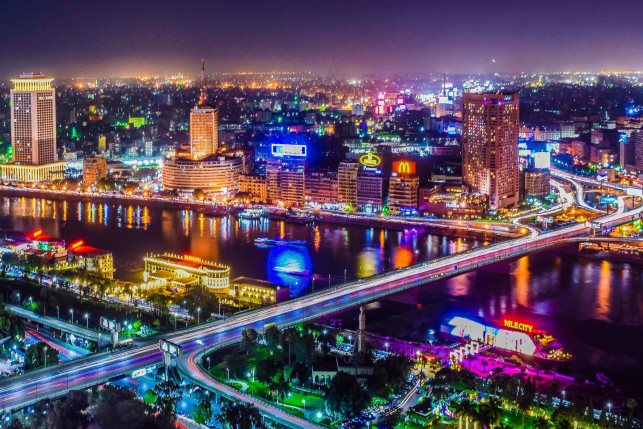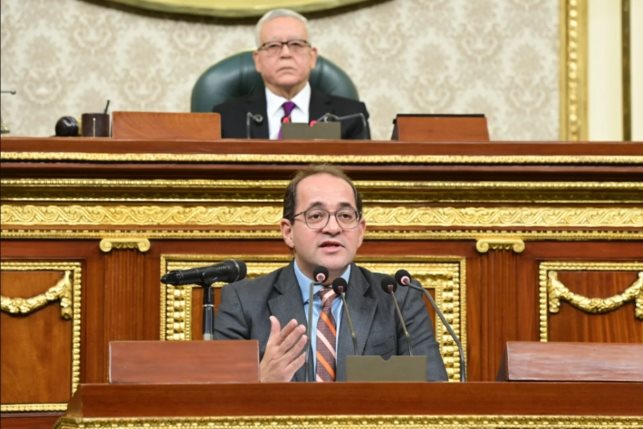Egypt & Jordan to manufacture floating gasification unit to receive liquefied gas shipments
This unit is intended to receive liquefied gas shipments, convert them back to gas form, and integrate them into the national grid.

Egypt and Jordan are currently exploring the possibility of collaborating with an international company to manufacture a floating gasification unit, as per sources cited by Asharq Bloomberg.
This unit is intended to receive liquefied gas shipments, convert them back to gas form, and integrate them into the national grid.
Both countries are in the process of conducting studies for the joint acquisition of a gasification vessel to cater to their import needs.
In a recent development, the Egyptian Natural Gas Holding Company (EGAS) inked a deal with the Norwegian Hoge LNG Company to lease the Hoge Galleon LNG floating unit until February 2026.
This agreement aims to bolster local gas consumption during the summer months, as highlighted in a statement by the Ministry of Petroleum.
Gasification involves the transformation of liquefied natural gas back into a gaseous state suitable for direct use. The acquisition of the ship is envisioned to address the gap between local gas production and consumption levels in both Egypt and Jordan.
Additionally, the source mentioned that if gas supplies stabilize in these two nations, the vessel could potentially be leased to other countries in the future.
Recently in July, Egypt has launched a new tender to import five shipments of liquefied gas next August and September, according to a government official who spoke to Asharq Bloomberg.
The official confirmed that Egypt will permanently issue tenders to import gas until local production rises again.
Recently in July, Prime Minister, Mostafa Madbouly, said that Egypt’s daily energy consumption exceeded 37 gigawatts, an increase of 12% over last year, which means a deficit of 4 gigawatts.





